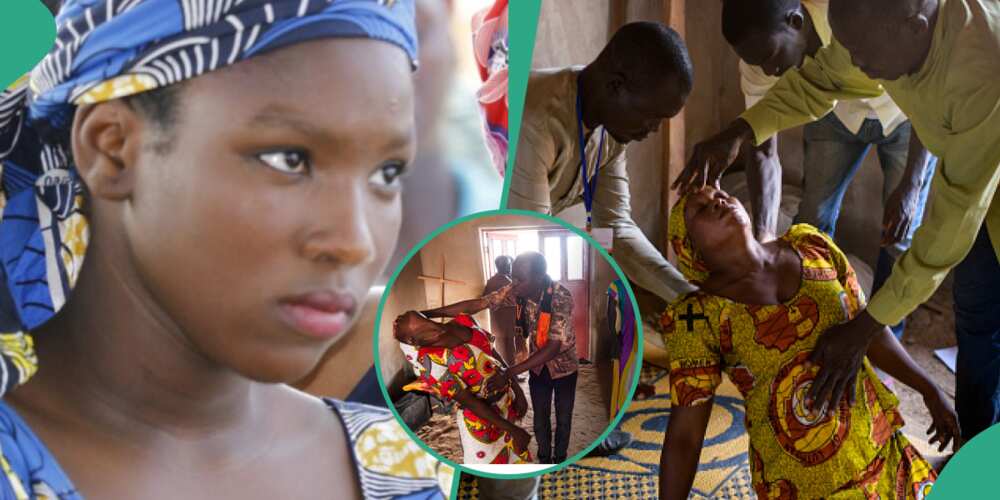In a small town in West Africa, a congregation gathered in anticipation as their pastor promised a night of divine miracles. With fervent prayers and hopeful hearts, the faithful witnessed what appeared to be miraculous healing: a woman, long confined to a wheelchair, rose and walked.

The crowd erupted in praise, convinced they had witnessed the hand of God at work. However, days later, it was revealed that the woman was an actress, hired to stage the event. This instance is a disturbing trend where church leaders fabricate miracles and prophecies to exploit their congregations.
False miracles and prophecies often follow a predictable pattern. A charismatic leader with persuasive oratory skills gains the trust of a vulnerable congregation. These leaders then claim divine authority, promising supernatural interventions in exchange for financial contributions.
The enticement of immediate, miraculous solutions to life’s problems—whether health, financial troubles, or personal crises—draws people in, often leading to significant financial and emotional exploitation.

Once individuals invest time, money, and faith into a leader, acknowledging fraud becomes psychologically painful.
The consequences of fake miracles and false prophecies are profound.
For many, the eventual realization of deceit leads to disappointment and a crisis of faith. This erosion of trust not only impacts individuals but can also weaken community bonds and diminish the credibility of religious institutions broadly. Furthermore, financial exploitation can lead to poverty, debt, and significant emotional trauma.
However, law enforcement and regulatory authorities often struggle to address these issues comprehensively due to the complex relationship between religious freedom and fraud.
To combat the rise of fake miracles and false prophecies, a multi-faceted approach is necessary. Educating the public about common deceptive practices can build endurance among believers. Religious institutions themselves must take a stand, promoting transparency and accountability within their ranks.

Encouraging critical thinking and skepticism, even within the context of faith, can empower individuals to question and verify miraculous claims.
The rise of fake miracles and false prophecies is a troubling phenomenon that exploits the most vulnerable aspects of human nature—faith and hope. As society continues to wrestle with these issues, it is imperative to foster environments where faith can thrive without the shadow of deceit.
By promoting awareness, accountability, and critical thinking, communities can protect themselves from exploitation and preserve the integrity of their spiritual lives.




